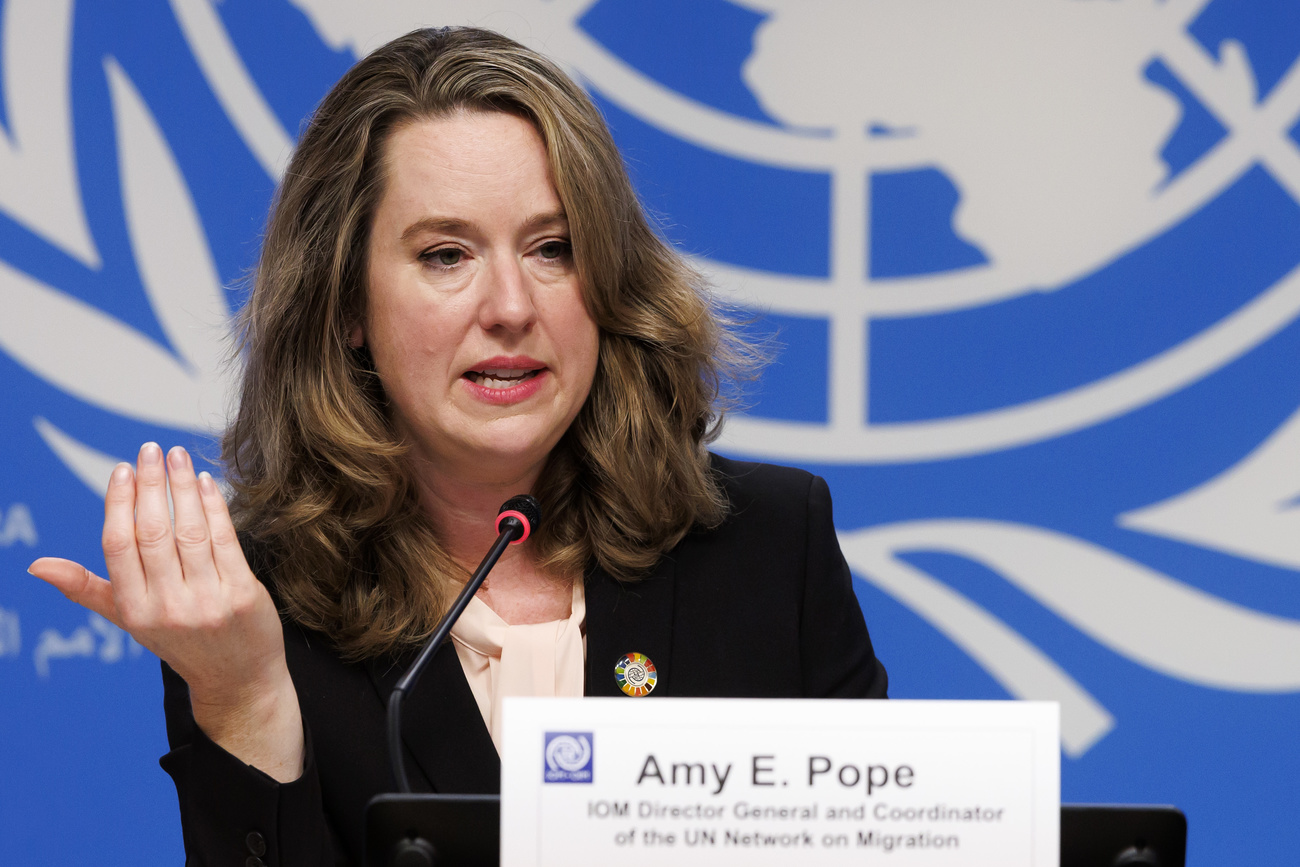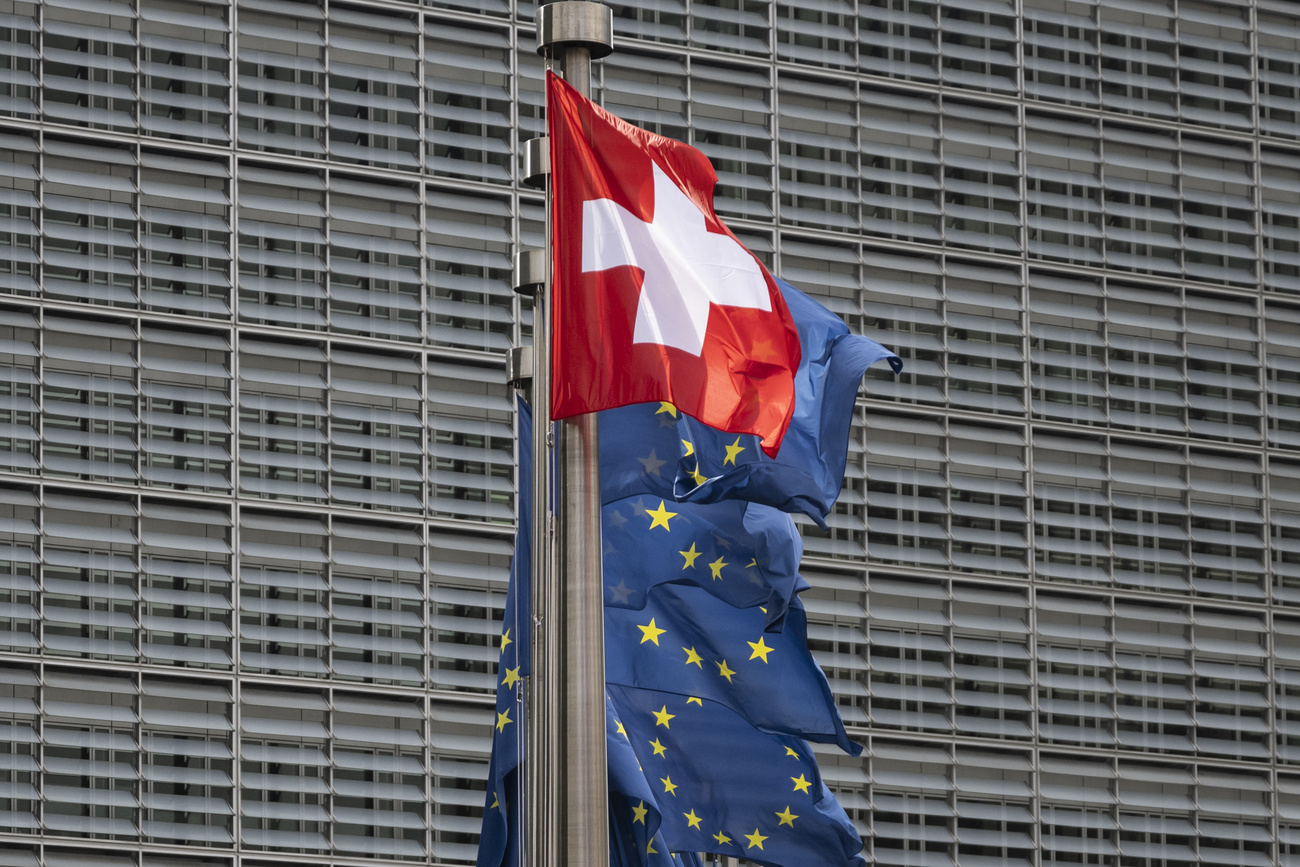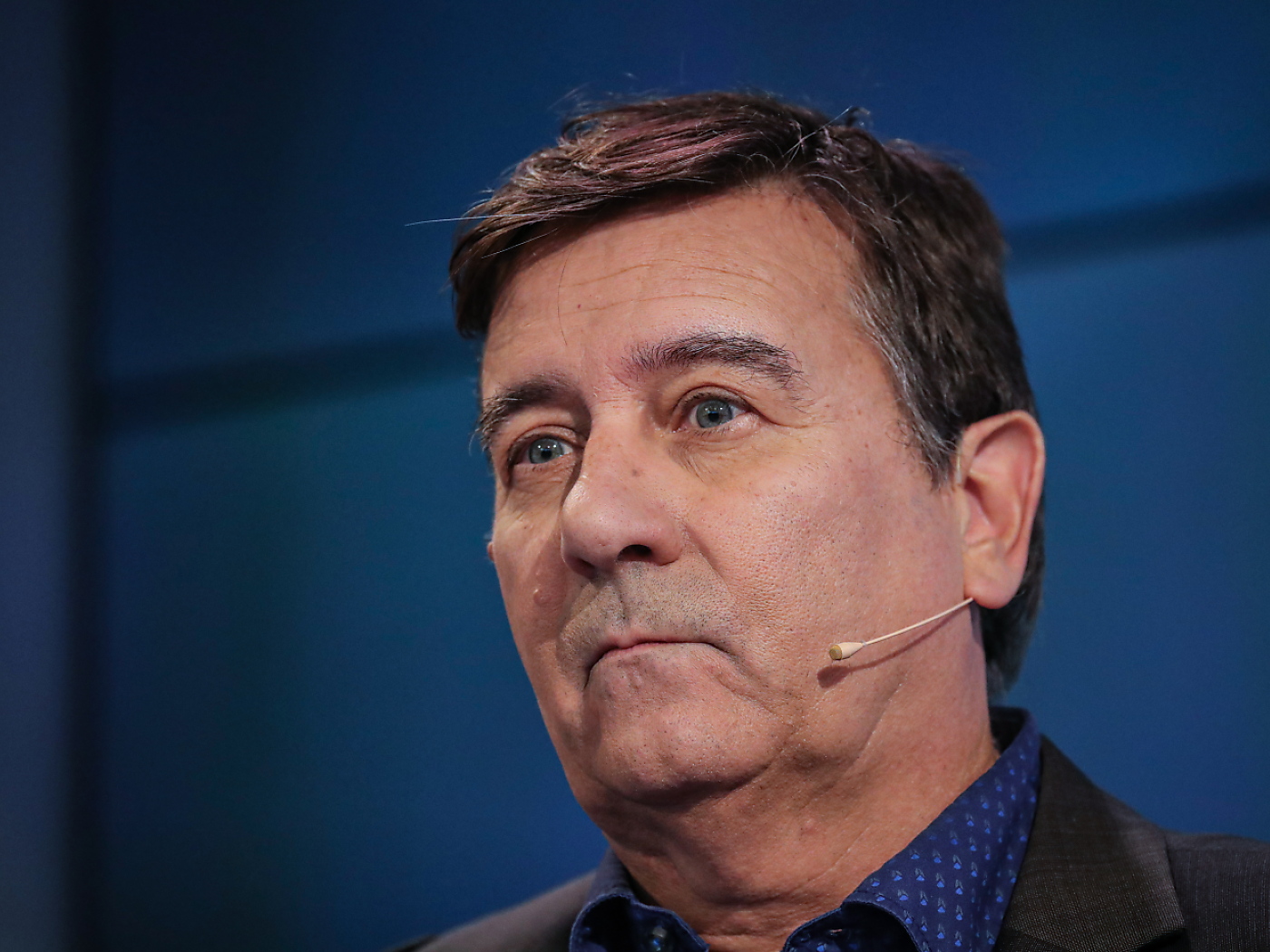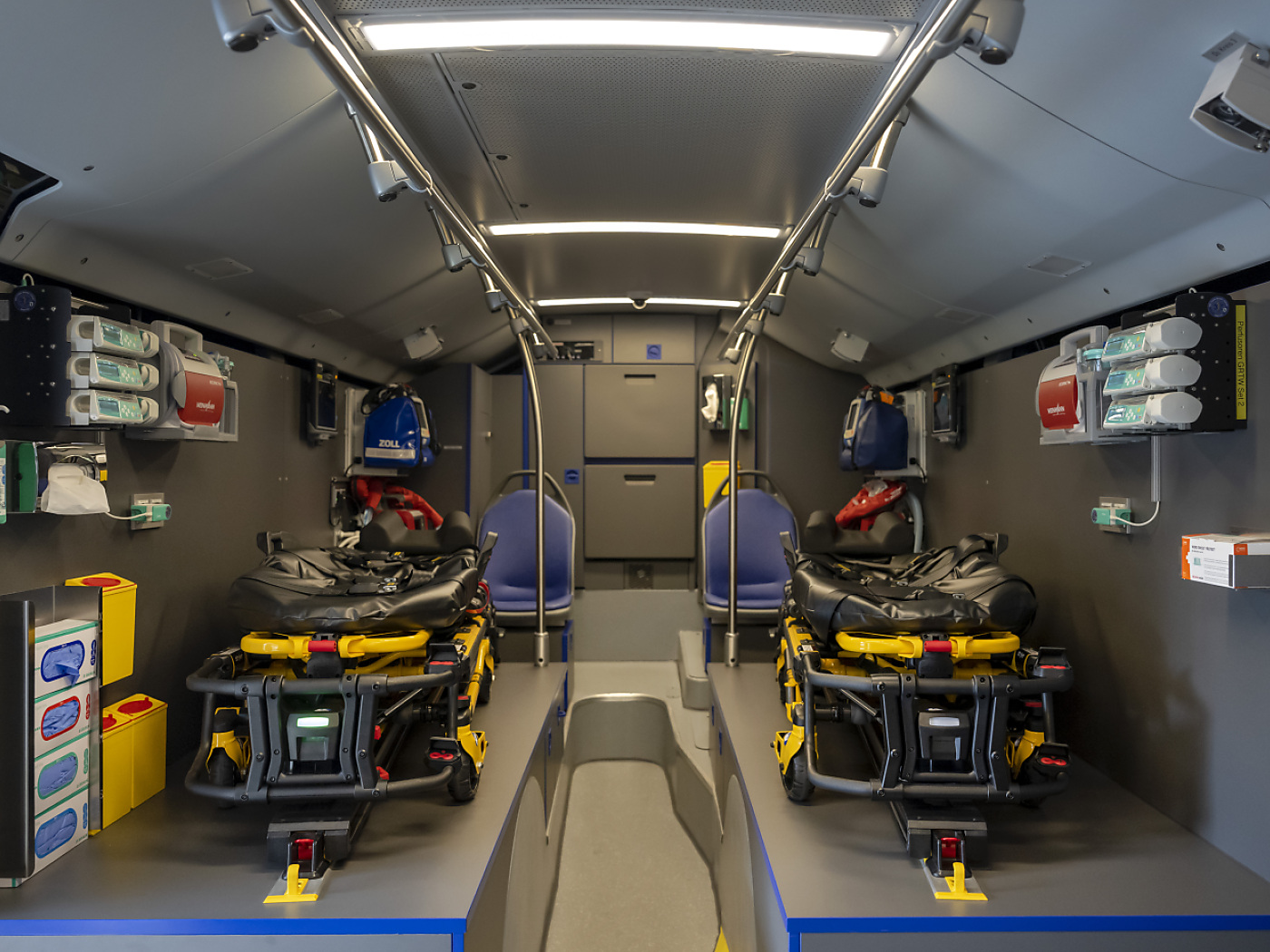New IOM chief warns against ‘normalising’ migrant deaths in Mediterranean

The new Director-General of the International Organization for Migration, Amy Pope, wants to combat mindsets that deaths in the Mediterranean are "normal". On Monday in Geneva, she spoke of the need to help countries vulnerable to climate change.
“We need to change the discourse” and the European Union has a role to play, Pope, the first woman to head the IOM, told reporters at the start of her five-year term. “These are human beings we are talking about.”
On Saturday, the boss of X (formerly Twitter), Elon Musk, targeted support for rescue efforts in the Mediterranean. “I would be careful not to get into a direct conflict with Elon Musk”, was the cautious response from Pope, a close associate of United States President Joe Biden.
In recent weeks, a large number of arrivals from North Africa to the European continent has led some governments to take a harder line. European states have called for rapid approval of the EU migration pact, which provides for reform of the asylum system, but negotiations remain difficult.
+ Europe chips away at refugee law as migrant deaths soar
Pope will be travelling to Brussels shortly, just after her first official trip to East Africa to meet the leaders of the African Union, in particular, in view of the “extremely significant” number of people moving south. She is calling for more “regular” routes for migrants and for help to be given to the countries from which these people leave, in particular by working on the reasons why they leave.
Call for collaboration from the private sector
“We’ve been having this discussion for years. But the difference is that the 30 largest economies are facing a labour shortage,” she said. “If there weren’t economic opportunities, these people wouldn’t come.”
Similarly, artificial intelligence cannot match the needs of many businesses and “will never” fully replace human beings, said Pope. She added that the private sector, with which she wants to establish partnerships, must also work towards better conditions for migrants. “There needs to be more protection and less exploitation,” said the IOM head.
Another reason to see the benefits of migration is that a “safe”, “legal” and “regular” approach must also help to avoid stifling an asylum system for people who are not entitled to it, she says.
+ Swiss Justice Minister calls EU migration deal a ‘historic step’
The same applies to the north and south of the American continent, where the situation is different from that of recent years, she added. The types and numbers of people moving around have changed.
Anticipating climate migrants
More broadly, at a time when hundreds of millions of people are vulnerable to climate change, Pope is calling for the effects of disasters to be anticipated in the countries of origin by helping communities. Better use of data should make it possible to anticipate displacements and the assistance that needs to be provided.
Pope admits that data protection mechanisms are not yet sufficient. “More work is needed”, she pointed out.
The former number two at the IOM, Pope was elected last May by the organisation’s member states against the incumbent, the Portuguese Antonio Vitorino, at the end of an aggressive campaign. The White House threw all its weight behind a mandate traditionally filled by an American national. This angered the Europeans, who saw it as an attack by an ally.
This news story has been written and carefully fact-checked by an external editorial team. At SWI swissinfo.ch we select the most relevant news for an international audience and use automatic translation tools such as DeepL to translate it into English. Providing you with automatically translated news gives us the time to write more in-depth articles. You can find them here.
If you want to know more about how we work, have a look here, and if you have feedback on this news story please write to english@swissinfo.ch.

In compliance with the JTI standards
More: SWI swissinfo.ch certified by the Journalism Trust Initiative




















You can find an overview of ongoing debates with our journalists here . Please join us!
If you want to start a conversation about a topic raised in this article or want to report factual errors, email us at english@swissinfo.ch.